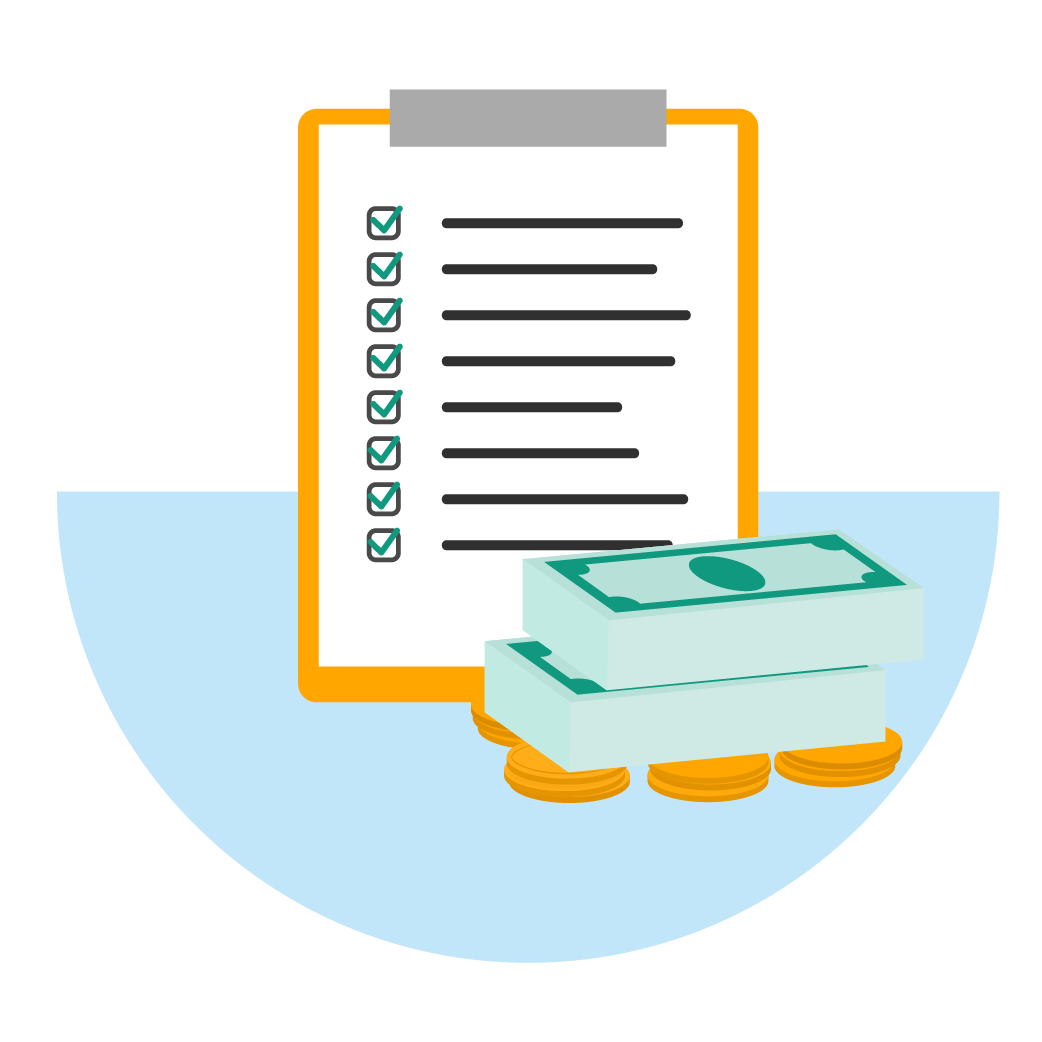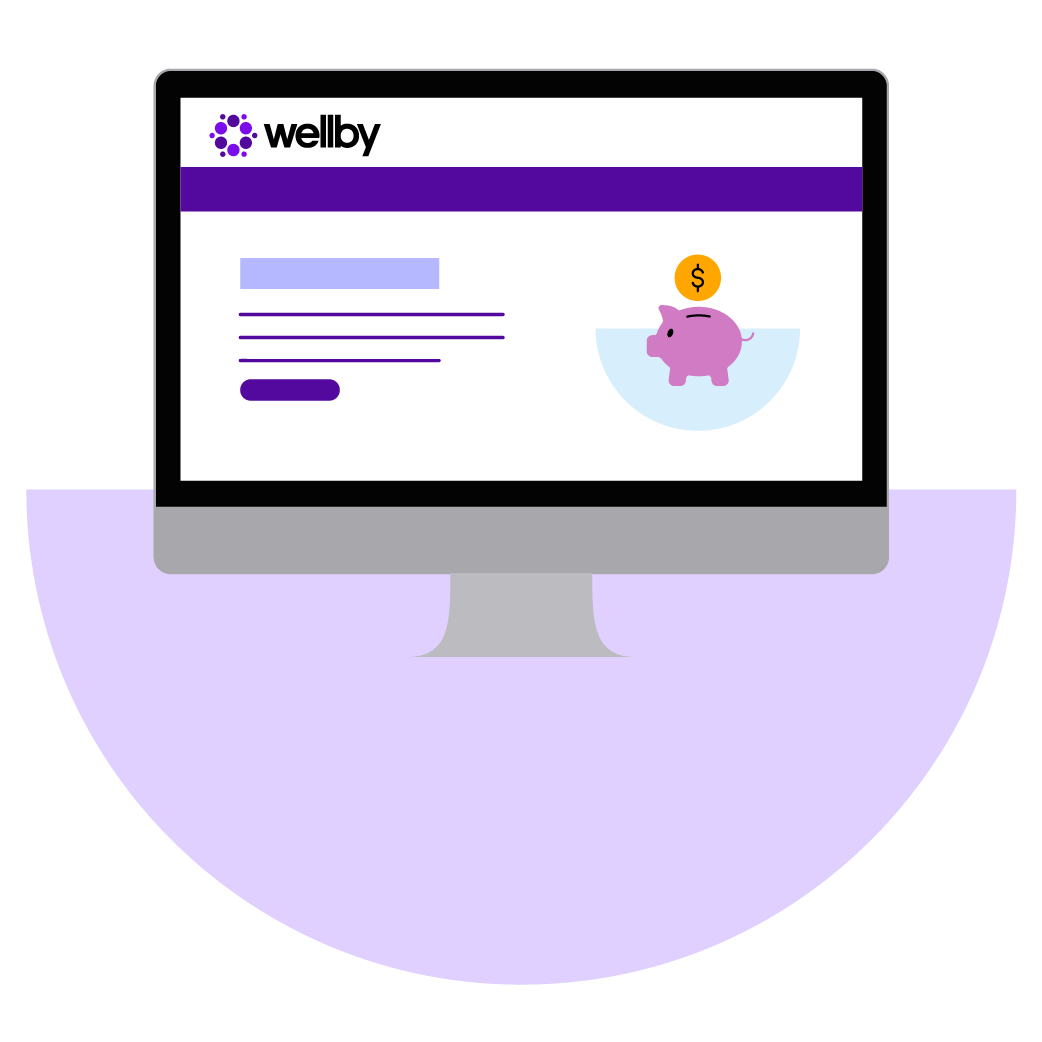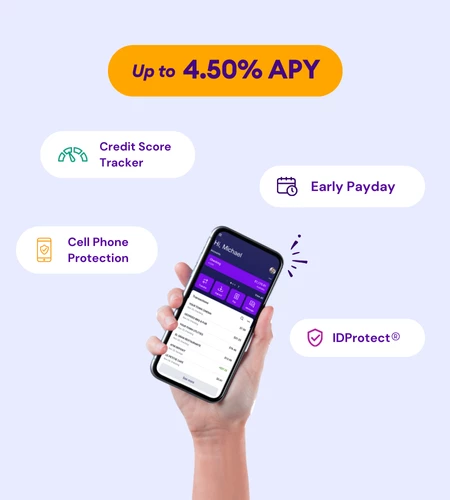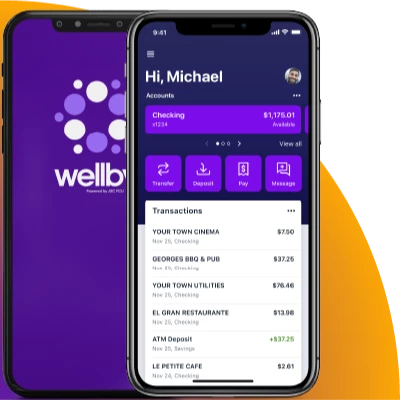February 6, 2025 | by Brian Truong

Debt Management Foundations for Financial Stability
April 30, 2024
By Brian Truong
Debt is something faced by millions of households. By the end of 2022, American household debt as a collective reached $16.9 trillion, based on figures from Debt.org. Despite these eye-popping figures, it is not an issue that is discussed nearly often enough. Today, we are going to pull back the curtain on all of that and look at why debt management is something that you want to take on.
It will prove beneficial for:
- Yourself—You can get yourself on the path toward becoming debt-free and not beholden to those you owe money to.
- Your Parents—All good parents want the best for their children, which means they root for them to experience the freedom that comes with eliminating debt payments.
- Your Friends/Other Relatives—Everyone you consider a loved one wants to see your stress levels come down, and they will as you eliminate your debts.
Understanding Your Debt Situation
 The first step to get a grip on your debt situation is understanding how it all works. This is to say that you must take a look at the following attributes of your debt:
The first step to get a grip on your debt situation is understanding how it all works. This is to say that you must take a look at the following attributes of your debt:
- Types of Debt—Different types of debt carry different levels of urgency to them. For example, debt owed to an essential service such as the utility company is more pressing than consumer debt. can be more devastating to your finances than lower-interest debt.
- Outstanding Balances—How much do you owe to each debt holder in your life? These are important things to be aware of so you know which balances to start attacking first.
- Interest Rates—The amount of interest collected on debt is another critical element to be aware of. The higher the interest rate, the more you will fork over in the long run.
Try to take stock of these terms and your current situation so you can assess how your current debt levels impact your financial health and overall well-being.
Create a Debt Repayment Plan
 "Failing to plan is planning to fail," as they say, and it is certainly true regarding debt repayment. You need to plan how to repay the money you borrowed over the years. You need to do so based on the available resources and your specific financial goals.
"Failing to plan is planning to fail," as they say, and it is certainly true regarding debt repayment. You need to plan how to repay the money you borrowed over the years. You need to do so based on the available resources and your specific financial goals.
When you have a debt repayment plan, you can start to make strides toward freeing yourself from the financial difficulties that debt brings into your life. Two popular debt repayment plans are the snowball method and the avalanche method.
The snowball method suggests you write out all your debts from the smallest to the largest balance. Then, you pay the minimum amount you can on all debts except for the smallest one. You apply as much money as you can toward repaying that smallest debt. Once it is eliminated, you move on to the next one.
You might consider the snowball method if you are looking for:
- Momentum—You can feel the pride of quickly paying off some of your debts. The smallest balances can be put in the rearview mirror rapidly and help you gain footing as you work on eliminating your other debts.
- More Money to Go Toward Other Payments—Eliminating some of your accounts means fewer minimum payments, which equals more money that can go toward other payments.
Don't forget about the avalanche method as well. It also works well for many people.
The avalanche method is similar, except you apply your payments toward the debts with the highest interest rates. Once those debts are eliminated, you move on to the next one and go from there.
Budgeting for Debt Repayment
 Once you have your debt repayment plan in mind, it is time to start creating a realistic budget to meet those goals. This means that it provides you with enough money for the month to cover your essential living expenses while working on cutting into your debt.
Once you have your debt repayment plan in mind, it is time to start creating a realistic budget to meet those goals. This means that it provides you with enough money for the month to cover your essential living expenses while working on cutting into your debt.
Among the best ways to do this is to pull your bank account records from the last 6 months or so and figure out what you spend your money on. Then, review all of those figures to see where there are areas that you can trim out of your budget. You are likely to be surprised by just how much you can trim out of your budget and lifestyle.
A few areas that many people start to trim back on as they establish their budget include:
- Eating out at restaurants
- Entertainment (such as sporting events or the movies)
- Unused streaming services
Making some temporary sacrifices to pay more money towards your debts is necessary. Although this is certainly not a fun way to deal with things, it will serve you well in the long run.
Exploring Debt Consolidation Options
 There are some popular debt consolidation options that you may want to use to reduce the time you remain in debt. These options and careful budgeting and planning can help reduce the time needed to repay your debts. A few of the top choices include:
There are some popular debt consolidation options that you may want to use to reduce the time you remain in debt. These options and careful budgeting and planning can help reduce the time needed to repay your debts. A few of the top choices include:
- Balance Transfer Credit Cards—When you transfer your balance from a higher-interest rate card to a low or even zero-interest-rate card, you can reduce your interest rate and shorten the time it takes to pay off your credit cards.
- Debt Consolidation Loan—Eliminate some of your high-interest debt with a lower-interest-rate debt consolidation personal loan. This also allows you to make a single monthly payment on the personal loan instead of several payments to various lenders.
A combination of these options is typically best for those handling significant debt. Evaluate your personal financial needs before proceeding with any given plan.
Utilize Free Education Resources
 Understanding how to manage your debts effectively is crucial for financial stability, yet this is often overlooked in traditional education. Fortunately, Wellby’s Financial Wellness Center offers a wealth of resources to help you gain the knowledge and skills you need without any cost.
Understanding how to manage your debts effectively is crucial for financial stability, yet this is often overlooked in traditional education. Fortunately, Wellby’s Financial Wellness Center offers a wealth of resources to help you gain the knowledge and skills you need without any cost.
The Build module provides comprehensive learning tools focused on key financial topics, including:
- Budget Planning—Learn how to create and maintain a budget that suits your lifestyle and financial goals.
- Strategic Debt Reduction—Delve into innovative approaches and tools that could streamline your debt management process and enhance your financial liberation.
- Navigating Household Finances—Discover approaches and practices essential for productive family discussions about finances.
- Credit Mastery—Understand the pivotal role of credit scores and reports in your financial well-being and learn how to optimize them.
- Financial Emotional Wellness—Learn to navigate the psychological journey of debt management, equipping yourself with the resilience needed to face fiscal challenges.
Harnessing the power of these easy-to-follow courses, you'll unlock key strategies for debt management at no cost. These foundational courses empower you with the skills to create a budget that aligns with your financial aspirations, implement effective debt reduction methods, and learn debt management tactics to streamline your path to financial freedom. Begin building a solid financial base today, and take control of your fiscal future with confidence.
Planning for Future Financial Stability
Getting yourself out of debt is great, but there are additional steps that you should take to ensure your long-term financial success. Namely, you ought to focus on:
- Increasing your savings
- Adding to your investments
- Creating a diversified portfolio focused on building wealth
Debt management must remain a focus, but you also want to consider the future you want to build for yourself and your loved ones. Promise yourself that you won't allow yourself to fall into the dangerous trap of major debt again, and look forward to a brighter and more financially secure future.
Related Topics
Brian Truong was born in Canada (cool, eh?) and grew up in Sugar Land, Texas. Brian has over 12 years of SEO and marketing experience in a wide array of industries, including finance and real estate. When he’s not flexing his SEO and web development superpowers, he enjoys video games, anime, horror movies, and spending time with his cat, Chi.
Related articles you might like
December 23, 2024 | by Brian Truong
Budgeting 101: Comparing Fixed and Variable Costs
December 12, 2024 | by Brian Truong






